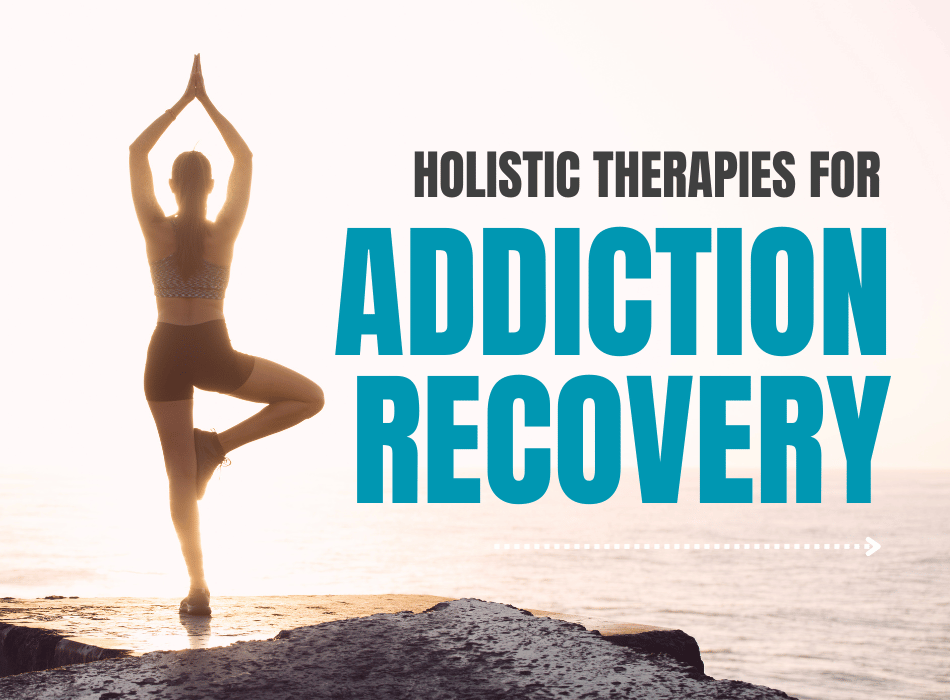
Addiction is a complex and deeply personal struggle that affects every aspect of a person’s life—physically, emotionally, mentally, and spiritually. Traditional treatments like counseling, medication, and group therapy have long been the foundation of addiction recovery. However, holistic therapies are increasingly recognized as powerful allies in the healing process, offering a comprehensive approach that addresses the whole self.
Understanding Holistic Therapies
Holistic therapies aim to treat the individual as a whole, rather than focusing solely on the symptoms of addiction. This means nurturing the mind, body, and spirit to promote overall well-being. These therapies complement conventional treatments, enhancing recovery outcomes and helping individuals build a balanced, healthy lifestyle that supports long-term sobriety.
Mind-Body Practices
Mindfulness-based practices such as yoga, meditation, and deep breathing exercises are among the most commonly used holistic therapies. These techniques help individuals manage stress, regulate emotions, and develop self-awareness—all of which are crucial in overcoming addiction. Yoga, for example, combines physical movement with mental focus, allowing participants to reconnect with their bodies and calm their minds. Meditation fosters inner peace and clarity, helping individuals to stay grounded and present.
Creative and Expressive Arts
Art and music therapy provide a non-verbal outlet for emotions that may be difficult to express through words. These therapies encourage self-expression and emotional release, helping individuals process trauma, build self-esteem, and develop coping skills. Creating art or playing music can also serve as a healthy, fulfilling alternative to substance use.
Nature and Outdoor Therapy
Spending time in nature has been shown to reduce stress, boost mood, and improve mental health. Outdoor activities like hiking, gardening, or adventure therapy can reawaken a sense of wonder and connection to the world. These experiences often help individuals rediscover joy and purpose, reinforcing their commitment to recovery.
Nutritional and Physical Wellness
Addiction often takes a toll on the body, leading to nutritional deficiencies and poor physical health. Holistic recovery programs typically include nutritional counseling, exercise routines, and wellness education to help rebuild strength and vitality. A balanced diet and regular physical activity improve brain function, stabilize mood, and support overall healing.
Energy and Spiritual Healing
Practices like acupuncture, Reiki, and massage therapy are also used to address addiction from an energetic and spiritual perspective. These therapies help balance the body’s energy systems, reduce cravings, and alleviate physical and emotional pain. For many, spiritual exploration through prayer, mindfulness, or connection to a higher power provides meaning and motivation in recovery.
Conclusion
Holistic therapies offer a nurturing, empowering path to addiction recovery by addressing the full spectrum of human experience. By integrating mind-body practices, creative expression, nature, physical wellness, and spiritual healing, individuals can cultivate resilience, self-awareness, and inner peace. Healing the whole self not only supports sobriety—it opens the door to a richer, more fulfilling life beyond addiction.
